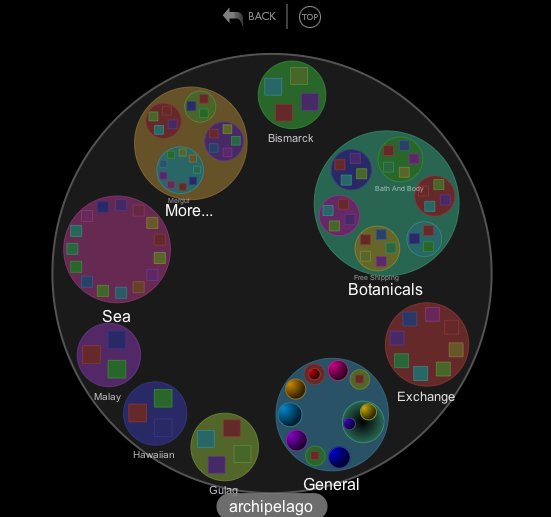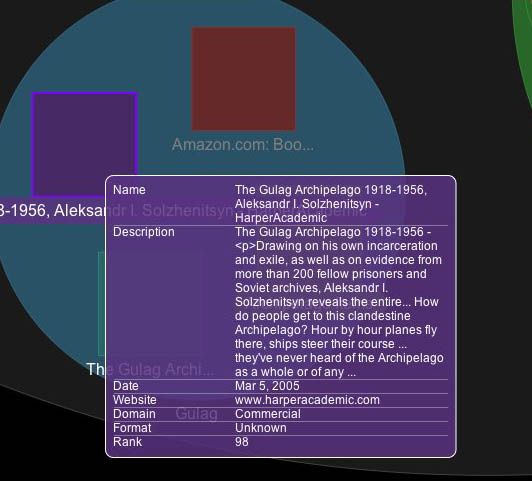They say that porn drives technology, but could it possibly figure into Google’s expansion into online payment systems? Would that be the end of the cute, cuddly Google we’ve all come to know and love – our most constant companion on the web? Sam Sugar, author of the adult industry-watching blog SugarBank, says Google would be foolish not to capitalize on this massive underground market, routinely shunned by “respectable” services like PayPal. In an open letter to Google’s CEOs, Sugar lays out his arguments and explains how porn could catapult Google to the cutting edge of ecommerce, in much the same way that it helped VHS outmaneuver Betamax.
Banking is a perennial thorn in the side of even the largest and most successful adult websites. All adult companies are overcharged by merchant banks poorly equipped to deal with transactions they consider to be ‘high-risk’.
Before PayPal withdrew from offering billing services to adult companies (around the time they were acquired by eBay), they were the preferred customer choice for the websites that offered them as a payment option.
It’s hard to justify PayPal’s withdrawl on ‘moral’ grounds given the volume of pornography sold via eBay. The logical assumption is that PayPal’s decision to ban adult transactions is due to an inability to handle them well. What is beyond question is that their decision loses them billions a year.
Consumers don’t find adult websites easy to trust, and would welcome the ability to buy adult material without sharing their financial information with companies they’re unsure of. Google is universally trusted and so, when you launch the Google billing system, the adult industry will rush to use it.
(via Searchblog, who reports that Google already owns GooglePorn.com and similar domains.. intrigue!)

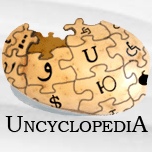
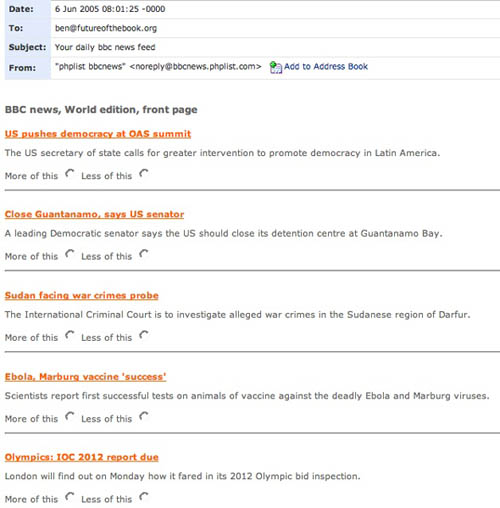
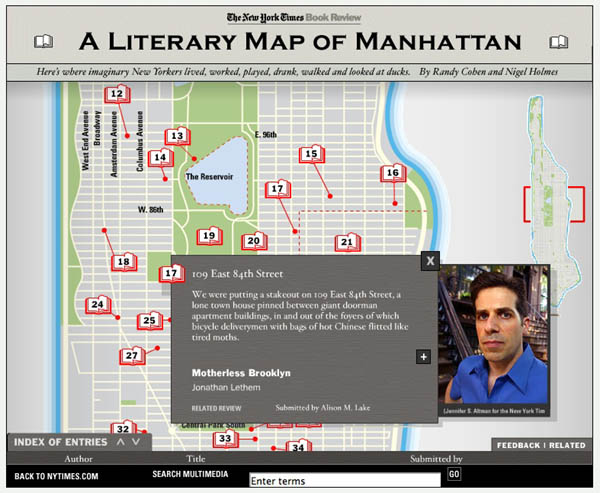

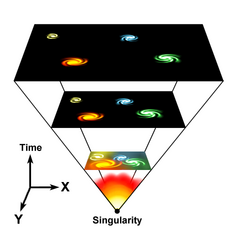 What does this have to do with twentieth century media? More than you might think. Industrialization and the development of telecommunications resulted in the centralization of communication forms into a kind of super-dense, super-heated singularity of their own: the mass media. Its power to drive a consumer economy through advertising, and blanket entire populations with messages and imagery has been so impressive, so all-consuming, that in a very short time it has come to seem all but inevitable.
What does this have to do with twentieth century media? More than you might think. Industrialization and the development of telecommunications resulted in the centralization of communication forms into a kind of super-dense, super-heated singularity of their own: the mass media. Its power to drive a consumer economy through advertising, and blanket entire populations with messages and imagery has been so impressive, so all-consuming, that in a very short time it has come to seem all but inevitable.